As a counsellor, I have been approached for help with a wide variety of issues. Sometimes it is a last-ditch attempt to save a relationship where years of muddy water has passed under the bridge. Sometimes it is eliminating the effects of a life-changing traumatic experience. Sometimes it is rewiring the brain of a child or partner who has special needs or mental illness. Regardless of the specifics, the basic element of many of these problems is the client asking me the following question: How can I do something hard in an easy way?”
Predictably, my answer to this question is not always satisfactory. You can’t always clean up the mud, you can’t always erase trauma, you can’t always rewire someone’s brain, and even if any of these things are possible, it is never easy.
There are many ingredients to change, but most important to the recipe is time and effort. Education that leads to understanding can certainly help this process, along with the support of the important people in your life, but even these tools can only go so far in the absence of time spent working on the issue. I’m not just referring to time spent on the comfy couch in my office, but more importantly, the time spent between sessions, where you ponder, observe, track, discuss, and apply what we talk about.
Even the application of all of these elements may fall short in some cases. Sometimes the damage is done and can’t be undone. This is not a palatable conclusion, I’ll acknowledge, but the likeability of a principle has very little relationship to its truthfulness. When I work with parents or partners who struggle with the difficult behavior of a child or partner afflicted with serious mental illness or developmental disability, I have to tell them that the hard thing will never be easy. However, what makes it infinitely harder, is wishing it was easier when it cannot be.
Buddhist teachings state that pain is inevitable, but suffering is optional. According to that belief system, the source of suffering is the desire to be free of pain. There have been many times in my own life that I wished my ADHD would just go away and leave me alone. One day, as I was feeling sorry for myself, the thought occurred to me that my ADHD wasn’t ever going to be gone and every day that I wished it was gone would be a bad day. Instead of complaining and wishing for the impossible, perhaps I should learn how to live with it and make the most of it. I have to say that that day was a turning point for me. Did it make my ADHD go away? Definitely not. However, it did make it a lot easier to live with and with some things, that’s the best we can hope for.
I invite you to take the time to look at the things that you want to be different in your life and if you need help figuring out what can be changed and what can’t, drop me a line.


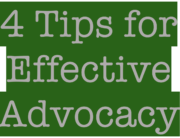




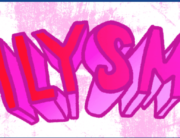
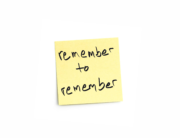







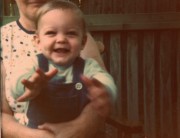
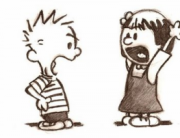





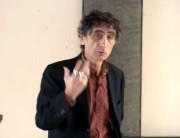






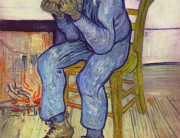






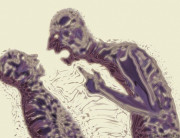



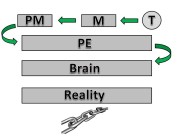





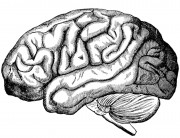
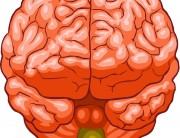
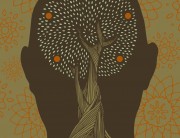

Thank you for the insight.. The saying “truth will make you free “. Seem to be the right fit here. I am grateful for the knowledge I have gained about my challenges in life . It has truly changed my prospective.